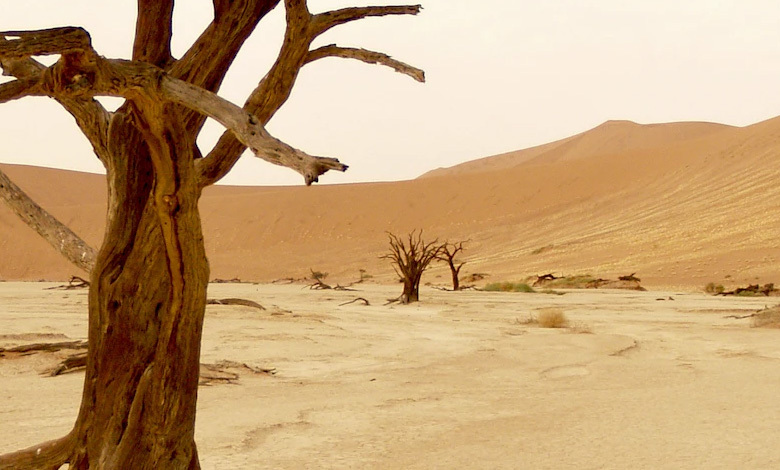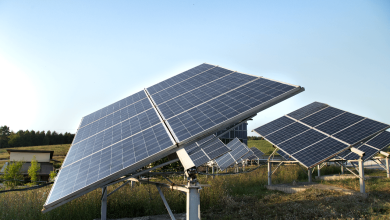From Paris to the Present: Global Climate Action in Crisis

In the relentless battle against climate change, a stark reality check emerged with the release of the State of Climate Action report on Tuesday. Collaboratively presented by the World Resources Institute, Climate Action Tracker, the Bezos Earth Fund, and other key contributors, the report dissects the challenges and shortcomings across various sectors of the global economy. It meticulously evaluates power, transportation, buildings, industry, finance, and forestry, aiming to align these domains with the ambitious goal set at the 2015 Paris Agreement — limiting global warming to 1.5 degrees Celsius above pre-industrial levels.The sobering truth revealed in the report underscores the global struggle to navigate the complex terrain of climate action effectively. As the world grapples with the impacts of a planet already warmed by approximately 1.2 degrees Celsius since the mid-19th century, the urgency to accelerate and intensify efforts becomes more apparent than ever.
Power Sector: A Crucial Battleground
One of the critical battlegrounds outlined in the report is the power sector. Despite advancements in renewable energy, the transition to cleaner sources has been slower than anticipated. Ambitious targets for renewable energy adoption are not being met uniformly, hindering progress towards a sustainable energy future. The report emphasizes the imperative need for a rapid and comprehensive shift to renewable energy sources to counterbalance the persisting reliance on fossil fuels.
Transportation and Buildings: Roadblocks to Decarbonization
Transportation and buildings, integral components of the emissions puzzle, pose significant challenges to decarbonization efforts. The report identifies a lack of robust policies and investments in sustainable transport solutions as a key stumbling block. Similarly, inadequacies in retrofitting existing buildings and constructing new ones with energy-efficient designs contribute to the uphill battle in reducing emissions from these sectors.
Industrial Complexities: Navigating Emission Reductions
The industrial sector, marked by its complexities and diverse emissions sources, is another focal point of concern. The report underscores the need for more stringent regulations and innovative technologies to curb emissions effectively. As industries continue to evolve, strategies for sustainable practices and emissions reduction must evolve in tandem.
Read More: Beyond the Bears: Evolving Climate Narratives for a Global Impact
Financial Landscape: Investing in a Greener Future
Finance emerges as a critical enabler or impediment in the journey towards climate resilience. The report scrutinizes the financial landscape, urging for a paradigm shift in investment practices. Aligning financial decisions with sustainability goals is imperative to redirect capital towards green initiatives, fostering a transformative impact on the global economy.
Forestry: Balancing Conservation and Exploitation
Forestry, a cornerstone in the fight against climate change, faces the delicate challenge of balancing conservation with resource exploitation. The report emphasizes the urgency of halting deforestation, promoting afforestation, and adopting sustainable forestry practices. Preserving biodiversity and the role of forests as carbon sinks are pivotal components in the broader climate action strategy.
The Path Forward: Urgent Course Correction Needed
The report serves as a wake-up call, indicating that the trajectory towards a 1.5-degree Celsius world is faltering. Urgent course correction is needed across all sectors to align with the aspirations set in Paris. Governments, businesses, and civil society must collaborate with renewed vigor, setting aside geopolitical differences to prioritize the shared goal of a sustainable and resilient future.
In conclusion, the State of Climate Action report paints a sobering picture of the world’s struggle to grapple with the immense challenges posed by climate change. It serves as a rallying call for immediate and concerted efforts, urging stakeholders at all levels to reevaluate and intensify their commitments. The global community stands at a crossroads, and the decisions made today will shape the future of our planet for generations to come.



